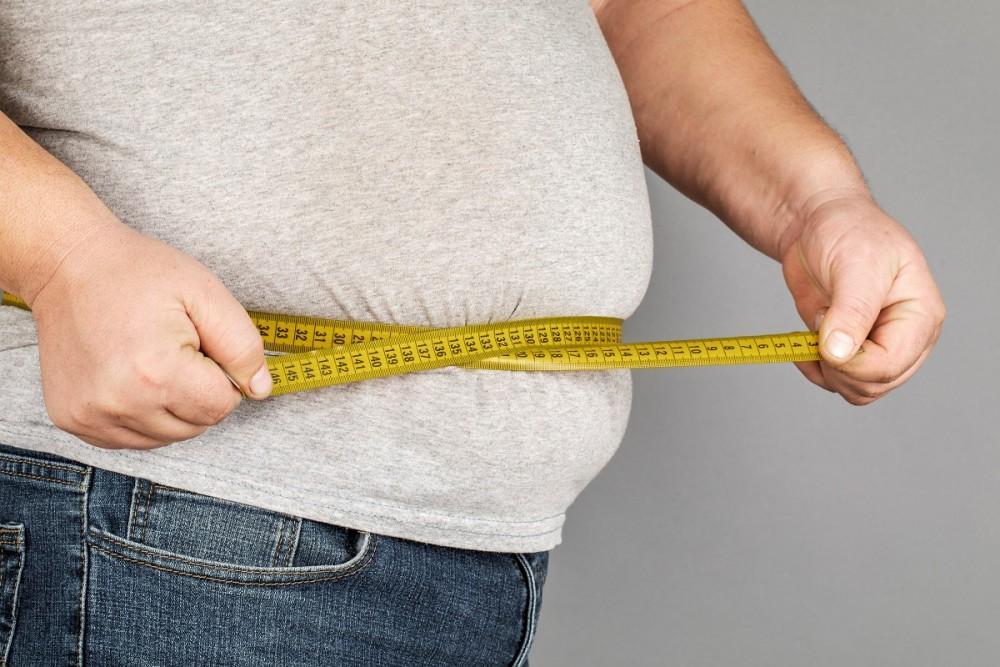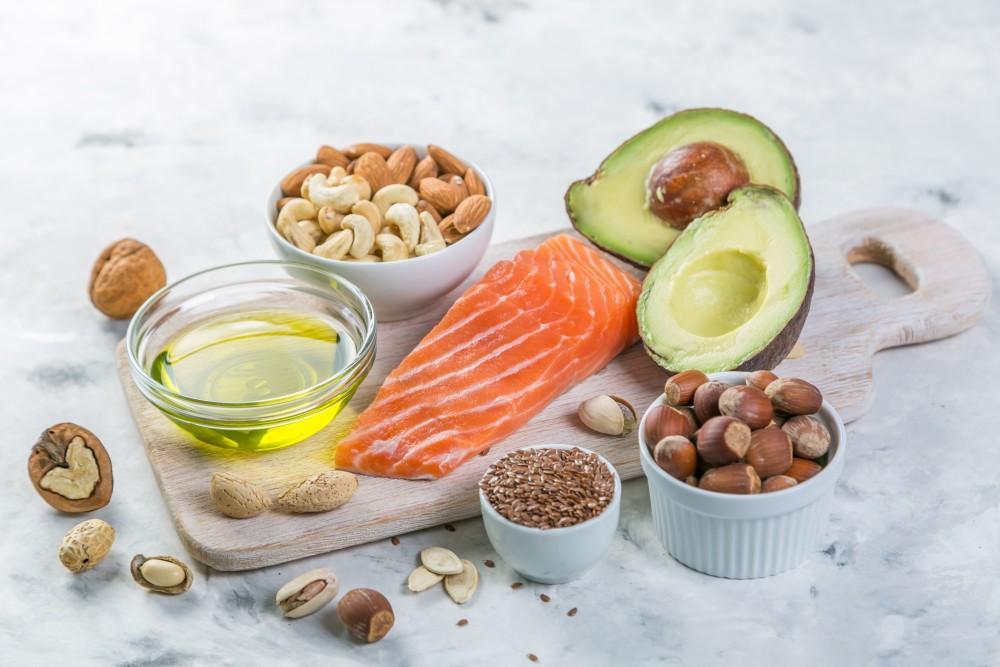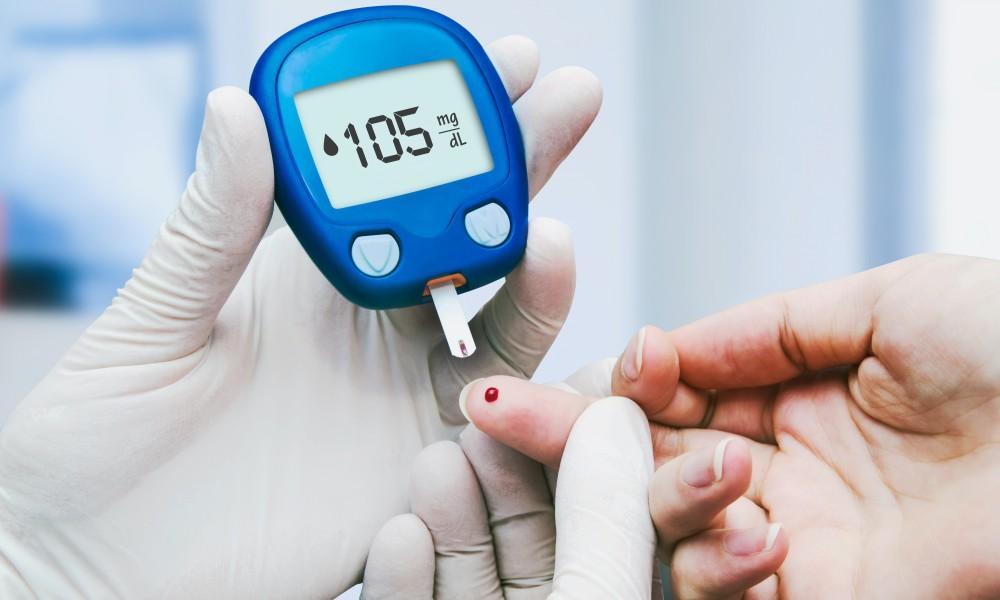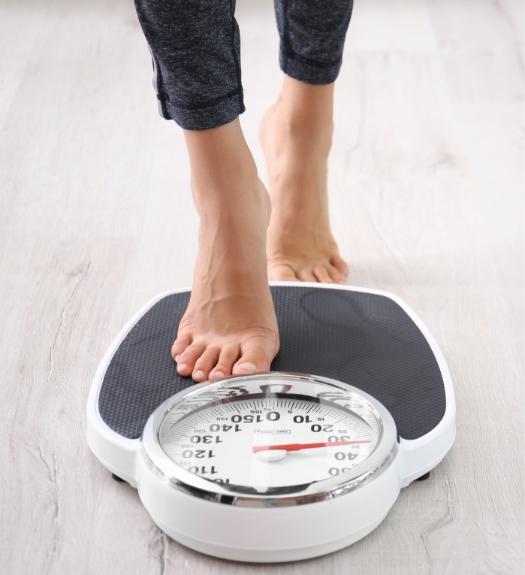

Rapid weight loss, a boost in energy, and improved mental clarity are some of the reasons many people love the keto diet. Though the diet offers many benefits, it can take some time to adjust to the low-carb, high-fat (LCHF) menu.
At Weston Medical Health & Wellness, our weight-loss expert and medical director, Dr. Andrea Bretal, knows that when it comes to weight loss, no single method works for all people. That’s why we use so many tools and treatments to help our patients reach their weight goals, including the keto diet.
The keto diet is an effective weight-loss diet, but it’s not right for everyone. Here, we want to explain what you can expect when adjusting to the keto diet so you can decide if it’s right for you.
The keto diet alters the macronutrient makeup of your diet so your body burns its own fat for fuel. Most healthy eating plans emphasize vegetables, fruits, whole grains, and low-fat dairy products. Carbohydrates are the primary macronutrient in these foods.
Carbohydrates provide your body with glucose, a sugar which serves as the preferred source of energy for all the cells in your body.
The keto diet limits carb-containing foods, emphasizing foods high in fat, like nuts, cheese, and oil, along with moderate amounts of high-quality protein from meat, poultry, seafood, and soy.
When you restrict carb intake, your cells need to find a new source of energy, so they turn to ketones. Your body makes ketones by breaking down your own body fat through a process known as ketosis.
In order to get into ketosis, you need to limit your carb intake to 50 grams or fewer a day. For perspective, one slice of whole-wheat bread has about 15 grams of carbohydrates and one banana about 22 grams.
So, instead of toast and fruit for breakfast, you eat eggs with cheese. Though that might sound like an easy meal swap, you still need to prepare, plan, and count when following the keto diet.
Even keto-friendly foods — like cheese, nuts, and leafy greens — have some carbs.
When following the keto diet, you need to be aware of every carb you eat so you don’t kick yourself out of ketosis. This requires some work on your part, like pre-planning your meals, reading food labels, and tracking your carbs.
Adjusting to the keto diet also affects your body and may cause some unpleasant symptoms. Even though you’re restricting your carb intake, it takes a few days for your body to burn through its own stores of glucose before it switches over to body fat.
During this transitional phase, you may experience symptoms often referred to as the keto flu, like:
Though the transitional period into ketosis varies from person to person, many people start to feel better about a week after starting the keto diet. This is when you might experience some of the more pleasant side effects of low-carb, high-fat eating, like a boost in energy and more focus.
Even though the keto diet is hard, especially during those first few days, it’s still a popular weight-loss tool for us and our patients. Before we recommend the keto diet, we always conduct an evaluation to understand your health and weight goals and what you like to eat.
If we think the keto diet is right for you, we provide all the tools and guides you need to succeed. We also offer tips on how to ease the symptoms you may experience during your transition to ketosis.
The keto flu symptoms are the result of dehydration from your low-carb intake. To combat it, we encourage fluids and electrolytes. This means drinking plenty of water, as well as adding broth for sodium and keto-friendly leafy greens (spinach, kale) for potassium.
We also discourage strenuous exercise during the transitional phase and encourage rest.
When you have expert support, adjusting to the keto diet is easy. We can help you decide if it’s the right diet for you. Call our office in Weston, Florida, or use our website scheduling tool to book your consultation today. We offer both in-office visits and telemedicine appointments.





